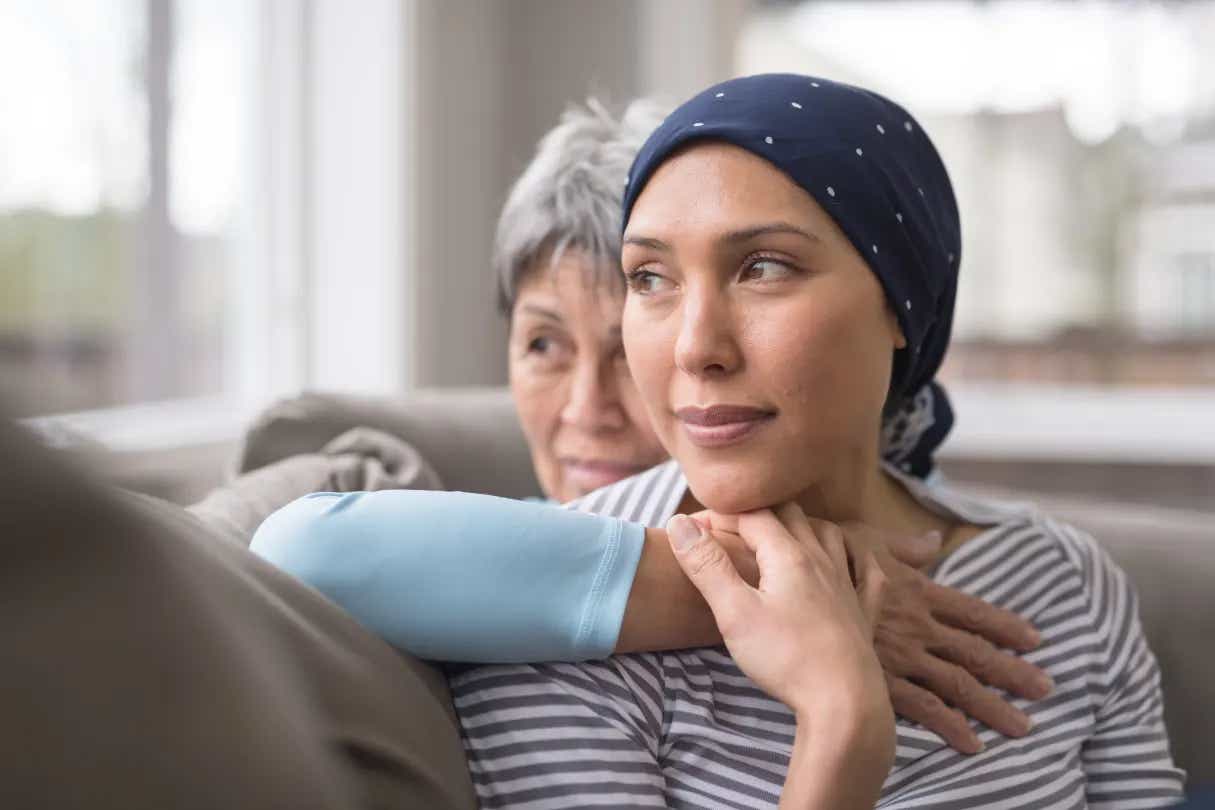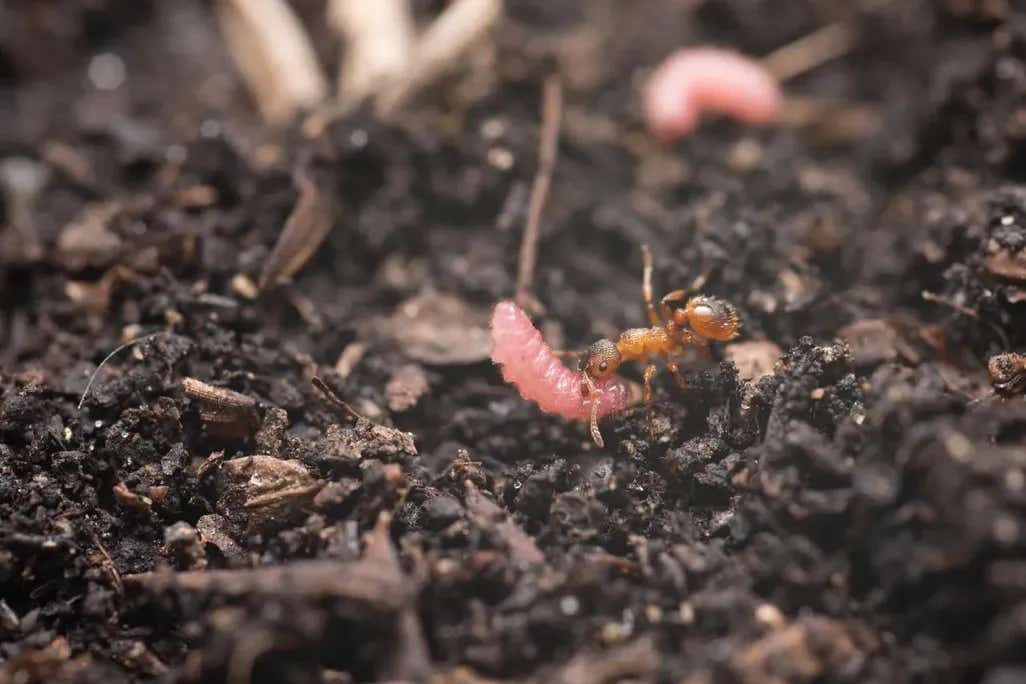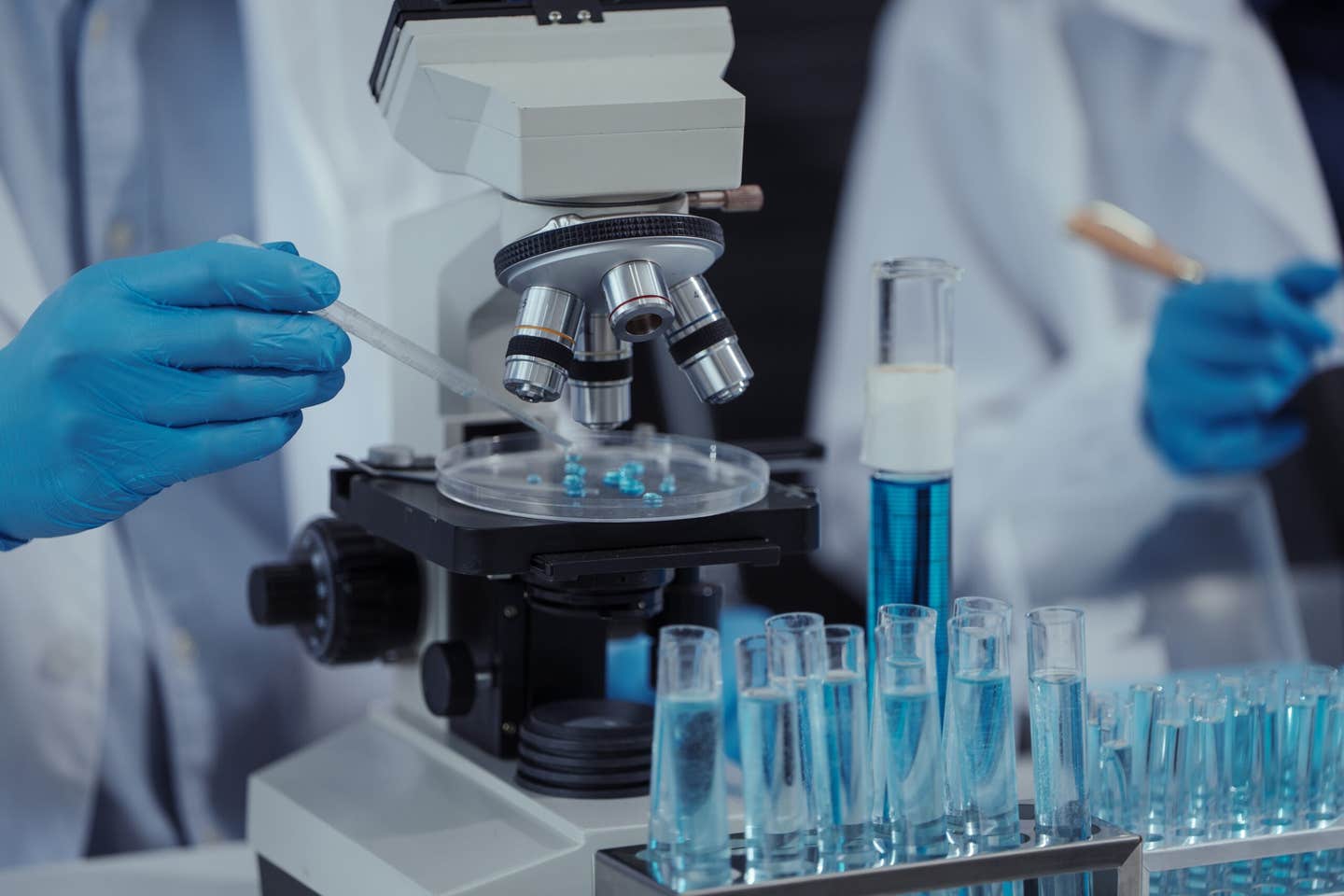MicroRNAs can predict breast cancer recurrence in patients, study finds
Researchers have determined that biomarkers known as microRNAs can predict which patients with breast cancer are likely to face recurrence.

[Nov 28, 2022: Sheila Gorham, National University of Ireland Galway]
Researchers have determined that biomarkers known as microRNAs can help predict which patients with breast cancer are likely to face a recurrence. (CREDIT: Creative Commons)
Researchers at University of Galway have determined that biomarkers known as microRNAs can help predict which patients with breast cancer are likely to face a recurrence of the disease and death.
The researchers, led by Dr Matthew Davey, Professor Michael Kerin and Dr Nicola Miller, from the University’s College of Medicine, Nursing and Health Sciences, conducted a multicentre trial In Ireland, involving 124 patients who were treated with chemotherapy.
The findings of the research have been published in the Journal of the American College of Surgeons (JACS).
They include:
MiRNAs can be used as a biomarker to predict which patients are likely to face breast cancer recurrence and mortality.
Researchers conducting a multicentre trial in Ireland drew blood samples from 124 patients with breast cancer at 5 different timepoints during their cancer journey, and assessed their outcomes almost nine years later.
Researchers say their discovery of the predictive value of miR-145 could help physicians better tailor treatment to the need of each patient being treated for breast cancer.
Related Stories:
According to figures from the National Cancer Registry of Ireland, over 3,500 women are diagnosed with breast cancer each year. While long-term outcomes have improved for patients with breast cancer, the most common cancer diagnosed in women, 20% to 30% of these patients will see their breast cancer relapse.
Dr Davey said: “The process of identifying which patients are more likely to have a recurrence has been a challenge. Therefore we set out to determine whether miRNAs -small, non-coding molecules that modulate genetic expression and affect cancer development - are capable predicting which patients are more likely to have a recurrence of, and die from, breast cancer.
“We discovered that patients with an increased expression of a certain type of miRNA, called miR-145, are unlikely to have a recurrence of breast cancer.
Dr Matthew Davey and colleague in University of Galway’s College of Medicine, Nursing and Health Sciences as part of research into biomarkers, known as microRNAs, which can help predict breast cancer recurrence in patients. (CREDIT: University of Galway)
“We showed that increased expression of this biomarker, which was measured in patients' blood samples during chemotherapy, actually predicted their long-term oncological outcome. We can predict those who are likely to suffer recurrence and also those who will be free of recurrence. Further studies into the clinical application of this biomarker are ongoing.
“This study may also help identify breast cancer patients who could benefit from closer monitoring and additional therapies post-surgery or treatment.”
The difference in miRNA expression profiles between Timepoint 2 minus Timepoint 1 and the correlation with response to neoadjuvant chemotherapy for each of the breast cancer molecular subtypes. (CREDIT: Annals of Surgery)
This research is made possible by the National Breast Cancer Research Institute and Cancer Trials Ireland.
What Are the Symptoms of Breast Cancer?
According to the CDC, different people have different symptoms of breast cancer. Some people do not have any signs or symptoms at all.
Some warning signs of breast cancer are—
New lump in the breast or underarm (armpit).
Thickening or swelling of part of the breast.
Irritation or dimpling of breast skin.
Redness or flaky skin in the nipple area or the breast.
Pulling in of the nipple or pain in the nipple area.
Nipple discharge other than breast milk, including blood.
Any change in the size or the shape of the breast.
Pain in any area of the breast.
Keep in mind that these symptoms can happen with other conditions that are not cancer.
If you have any signs or symptoms that worry you, be sure to see your doctor right away.
What Is a Normal Breast?
According to the CDC, no breast is typical. What is normal for you may not be normal for another woman. Most women say their breasts feel lumpy or uneven. The way your breasts look and feel can be affected by getting your period, having children, losing or gaining weight, and taking certain medications. Breasts also tend to change as you age.
For more information, see the National Cancer Institute’s Breast Changes and Conditions.
What Do Lumps in My Breast Mean?
According to the CDC, many conditions can cause lumps in the breast, including cancer. But most breast lumps are caused by other medical conditions. The two most common causes of breast lumps are fibrocystic breast condition and cysts. Fibrocystic condition causes noncancerous changes in the breast that can make them lumpy, tender, and sore. Cysts are small fluid-filled sacs that can develop in the breast.
Note: Materials provided above by the National University of Ireland Galway. Content may be edited for style and length.
Like these kind of feel good stories? Get the Brighter Side of News' newsletter.



